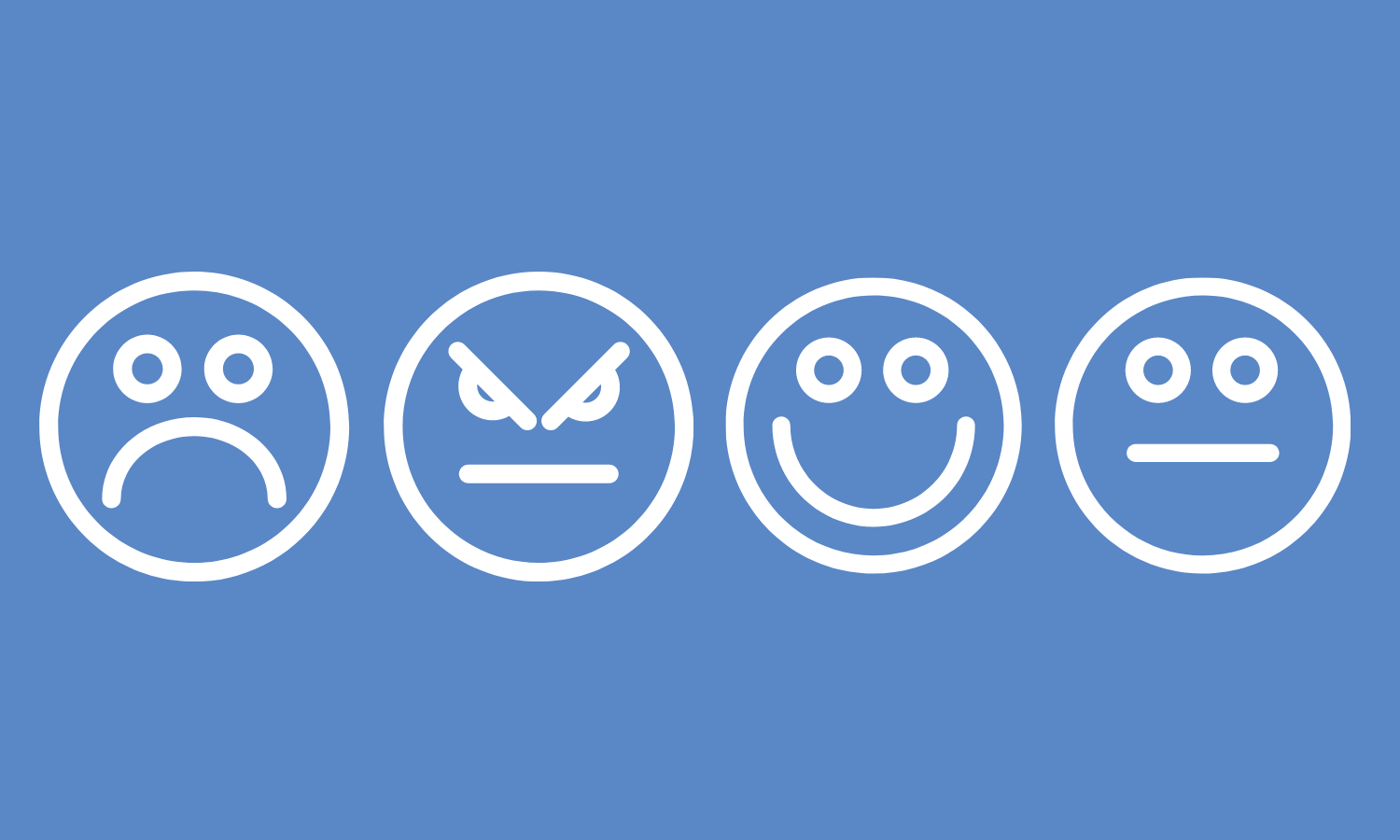By: Glen Adams, Manager – Client Care Access & Engagement Centre
There is no question that our emotional health is important. If left unchecked and unaddressed, emotional distress can lead to mental distress and result in relapse. People living with addiction use various substances to help manage their emotions. So developing new healthy techniques and habits that aid in emotional regulation is an integral part of the journey to recovery.
Taking appropriate steps when we feel emotional distress can be very helpful in the short term and long term. However, achieving emotional balance requires practice.
Here are a few things you can try:
- Validate your feelings
Accept how you feel emotionally and try not to judge yourself because of how you feel. Instead, give yourself permission to feel your emotions. This will give you an opportunity to grow and learn more about yourself by helping you move past your feelings to understand the circumstances which led to them and why you no longer feel that way. - Be mindful and get physical
The mind-body connection can help shift the way we feel and provide us with a way to cope. Consider practicing mindfulness techniques such as meditation, deep breathing or yoga. Alternatively, consider going for a walk outdoors and try to focus your senses on what’s happening around you. Being physically active prompts an endorphin response which will help shift your mood. - Share your feelings
Telling others you trust how you are feeling can be a great source of comfort and relief. You can talk to loved ones, a professional (therapist, counsellor or psychologist), or your sponsor. You can even consider attended a 12-step group meeting to share with others who have lived experience. - Practise the opposite of your feelings
Our feelings often invoke particular actions within us. For example, if we feel anxious we may want to practice avoidance or, if we feel depressed we may want to withdraw. When you are experiencing a negative feeling, try practising the exact opposite of what you’re compelled to do. For example, instead of withdrawing, call a friend or your sponsor; instead of avoiding a particular situation, confront it head-on.
Whatever you’re going through, you don’t go through it alone. There are many supports available to assist you, so please reach out if you need to. If you are living with anxiety and depression and need help, call Crisis Services Canada at 1-866-531-2600 or text 45645. For information about addiction treatment and mental health support, call Renascent at 1-866-443-6831.

